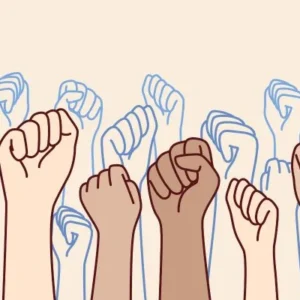China and Russia have reportedly been working to undermine UN human rights oversight through complex budgetary maneuvers, according to a new investigation by the International Service for Human Rights (ISHR). This strategy, which has been ongoing for years, aims to cut funding for the UN Human Rights Office, threatening the effectiveness of one of the UN’s core pillars amid a deepening financial crisis. By exploiting opaque budget negotiations in New York, these countries have sought to prevent investigations into alleged abuses in countries such as Ukraine, Belarus, Venezuela, and North Korea.
The ISHR report details how China and Russia, along with other states, have used the Advisory Committee on Administrative and Budgetary Questions (ACABQ) to disproportionately target the Human Rights Office. The ACABQ reviews UN budgets and makes recommendations to the Fifth Committee, which rarely opposes its advice. By influencing ACABQ membership, Beijing and Moscow have been able to block consensus and limit funding for critical human rights activities, including country investigations and special rapporteur mandates.
While Russia is described as an outspoken opponent in public, China is said to work quietly behind the scenes, leveraging its influence within the G77 group of developing countries. Attempts by Western and Latin American states to counteract these cuts are often outnumbered, and diplomatic transactions have reportedly reinforced support for China’s positions. Other states, such as Israel, have selectively tried to block funding for investigations they oppose, though with more limited success.
The UN human rights pillar faces a historic funding shortfall, receiving only around seven percent of the regular UN budget and less than one percent of total funding including voluntary contributions. Delayed payments from major contributors, including $1.5 billion from the United States and $192 million from China, have intensified the financial crisis. Secretary-General António Guterres has warned of a “race to bankruptcy” and proposed a 15 percent cut to the UN’s regular budget, including a 16 percent reduction for human rights activities.
Experts warn that these cuts will have significant consequences, as even small reductions in the Human Rights Office budget equate to lost mandates, country presences, fact-finding missions, and special procedures. ISHR emphasizes that this budget struggle has transformed what was once considered a technical committee into a key battleground for geopolitical influence, with real-world consequences for the UN’s ability to protect human rights globally.






